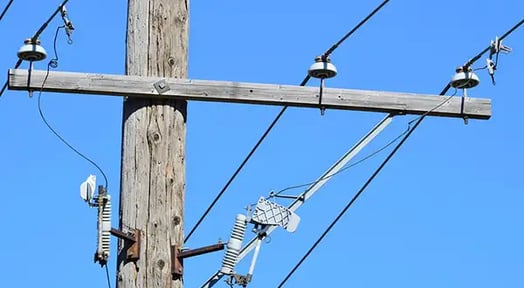As the $500B global race to roll out 5G heats up, bickering between the FCC and small town governments is causing delays.

Here’s why that’s a problem: Winning the 4G race boosted the US economy by $125B and helped America dominate the app economy: Instagram, Netflix, Uber, Airbnb wouldn’t have become global powers without it.
And lo and behold, telephone poles are preventing the US from catching its more organized 5G rivals.
4G was big, but 5G is a pole different ball game
Seriously, people: it MATTERS. In addition to an economic boost, 5G’s victor will gain a game-changing advantage in developing everything from self-driving cars to medical technology. China, South Korea, and the US are all gunning for the title.
But 5G’s infrastructure requirements are massive. America’s 150k 4G telephone towers took 30 years to build — 5G will require 5x as many poles. Chinese and Korean governments are actively facilitating 5G deployment, but the FCC has left the job to big telecoms.
Small-town USA vs. the future of technology
Realizing telecoms would take too long, the FCC finally tried to speed things up by allowing expedited permitting of existing telephone poles and capping the amount cities can charge to operate them.
So far, the plan has backfired. By limiting the amount cities can charge, the FCC shifted the financial burden to cash-strapped local governments, causing cities to reject the proposal.
Without cities on board, the entire 5G rollout will slow down.

